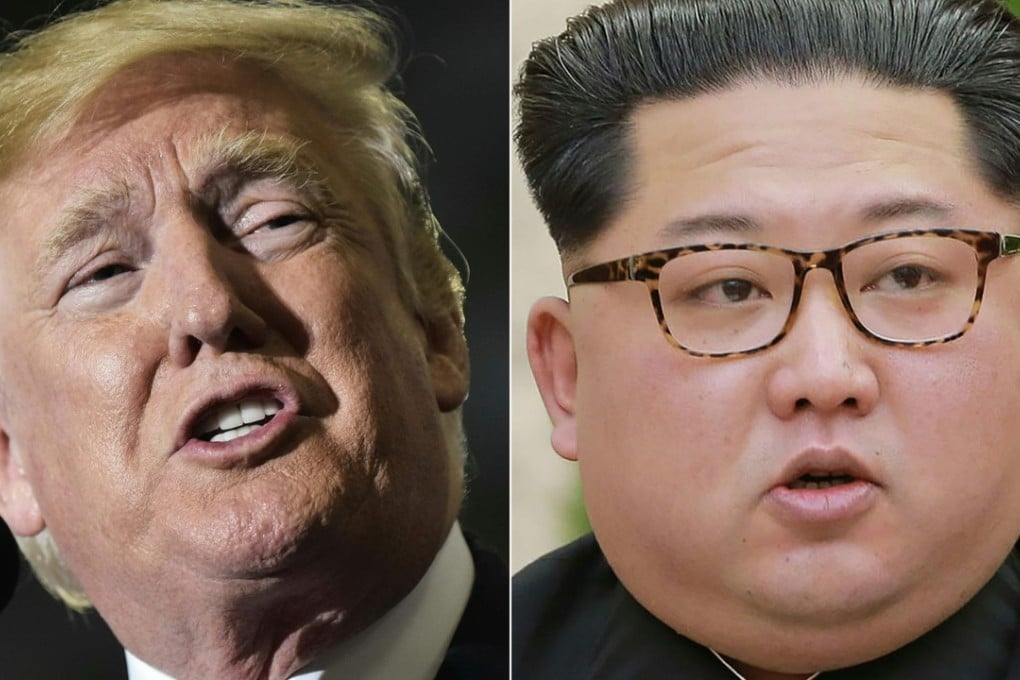‘They stood us up’: White House says it cancelled Kim Jong-un meeting because North Korea refused to talk – despite Donald Trump’s earlier claims
A US official said the White House ‘waited and waited’ for a response on meetings about the summit planned for next month, but that none came – although Trump said the summit was cancelled over North Korea’s ‘tremendous anger and open hostility’

US President Donald Trump cancelled a planned meeting with North Korea’s Kim Jong-un on Thursday because Pyongyang refused to reply to White House requests to help organise the event, among other “broken promises” in the run-up to the summit, a senior White House official said.
“They waited and they waited. The North Koreans never showed up. They simply stood us up,” the official said, referring to coordinating sessions planned to take place in Singapore last week. The summit had been scheduled for Singapore on June 12.
North Korea responded early on its Friday morning, saying the government was still “open” to a meeting, and would work with the US “at any time, in any way”.
The remarks by the White House official about the missed meetings in Singapore differ from an open letter released by Trump earlier on Thursday, in which he blamed North Korea’s “tremendous anger and open hostility” for the cancellation, which came just after Pyongyang said it had destroyed a key nuclear test site as a demonstration of goodwill.
“We were informed that the meeting was requested by North Korea, but that to us is totally irrelevant. I was very much looking forward to being there with you,” Trump said in the 161-word letter.